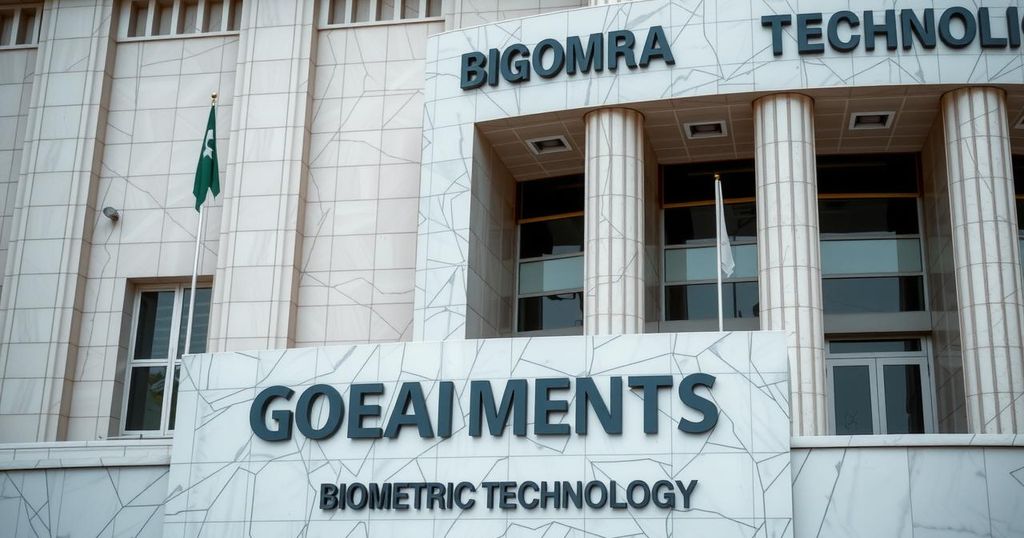The Independent National Electoral Commission (INEC) of Nigeria proposes reforms to eliminate the Permanent Voter Card (PVC) requirement for voter verification, replacing it with a biometric system. This decision is inspired by stakeholder feedback and aligns with the upcoming 2027 elections, seeking to enhance the credibility and transparency of the electoral process.
The Independent National Electoral Commission (INEC) of Nigeria is proposing reforms aimed at eliminating the requirement for the Permanent Voter Card (PVC) for voter verification, shifting instead to a more comprehensive biometric system. This initiative aligns with the upcoming 2027 general elections and is influenced by feedback from various stakeholders following the previous elections. INEC Chairman, Professor Mahmood Yakubu, highlighted that consultations led to 142 recommendations to enhance electoral processes, of which several necessitate legislative amendments.
In the context of evolving electoral practices, Nigeria seeks to adopt more efficient voter verification processes as it prepares for future elections. The PVC has faced criticism for being associated with electoral malpractices and logistical challenges. The introduction of biometrics, specifically through the Bimodal Voter Accreditation System (BVAS), exemplifies a modern approach to enhancing electoral integrity and security, paralleling successful initiatives observed in neighboring countries such as Ghana. These proposed reforms underscore the INEC’s commitment to ensuring credible and transparent elections.
In summary, the INEC’s proposed reforms to replace the PVC with biometric verification methods signify a crucial step toward modernizing Nigeria’s electoral process. By utilizing technology that allows for digital voter identification, the reforms aim to address previous challenges such as electoral fraud and inefficiency. Thus, the ongoing efforts reflect a broader initiative to improve the electoral system, ensuring that it is more secure and credible as Nigeria approaches its next general elections in 2027.
Original Source: www.biometricupdate.com






